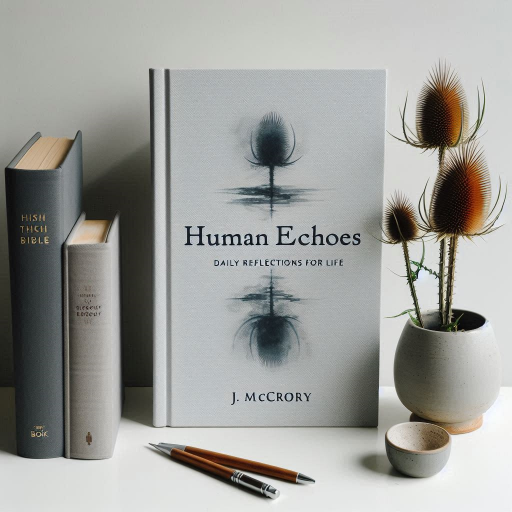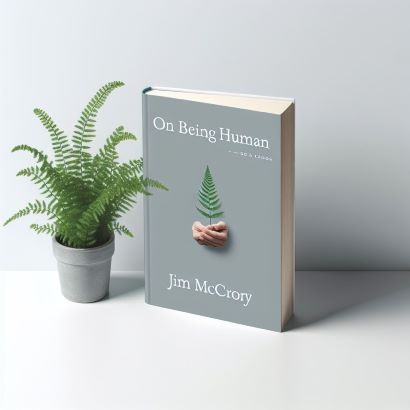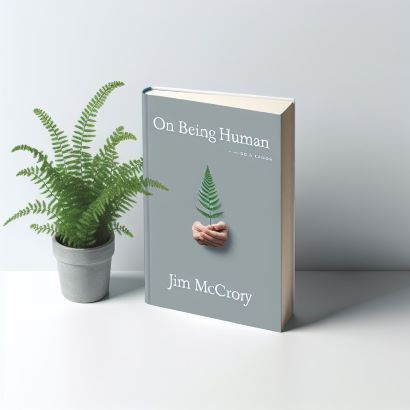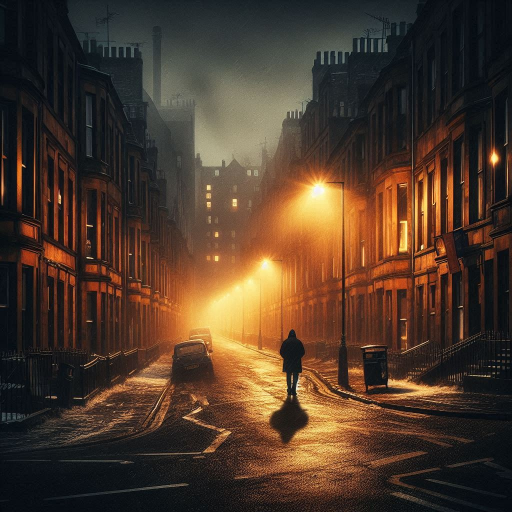“What is this life if, full of care,
We have no time to stand and stare"
— W.H. Davies

Image generated with the use of Microsoft Copilot
It was back in the days when butchers still had sawdust on the floor—soft, golden curls of it that caught the light from the high windows and made you feel like you were stepping into a workshop more than a shop. I’d shuffle my feet across it, half out of boredom, half out of a compulsion to make something of it. A drawing maybe, or often, I’d write my nickname: Tory. Tory, if you’re asking. It rhymed with McCrory, and like my birth name, it had been designated without my consent. No wonder some girls hold on to their maiden name after marriage. I have gone through life with my name being misspelt, McGrory, McGroarty, McCrorie and so on.
I always fancied changing my name. Something with a bit of flash. I once knew a lad called Ricky Hopkins—now that’s a name with a future. That’s the name of a man whose books would fly off shelves. Names are funny that way. Depending on the era and what hits are playing on the radio, your child might end up a Britney, a Taylor, or a Carrie Ann or Claire. But spare a thought for the poor souls named Alexis, One wrong shout and it’s not your daughter who answers, but some voice from that Amazon gadget from the kitchen asking if you'd like to reorder your gas relief medication.
But back to shopping with Mum.
We’d be in the butcher’s queue, and she’d always get talking to the person in front or behind. It didn’t matter who they were—man, woman, young, old—she had a gift. Soon they’d be deep into a conversation about the price of sirloin or the scandalous cost of haggis. Laughter would spill out and the butcher would glance up with a smirk, knowing he’d have to wait his turn in more ways than one.
Then it would be Mum’s moment, and buying meat was no swift affair. This was a transaction that deserved reverence. A serious squint at the first cut, a slow shake of the head. Then another. And another. And just when you thought the deal was sealed, she’d return to cut number one with a triumphant, “Aye, we’ll go with that.” The butcher, who’d been through this routine a dozen times, would nod as if he’d just closed on a property.
This ritual repeated itself in the greengrocers, then in Curley’s where we got butter and cheese cut fresh from slabs, and even in Woolworths, where she’d lose time talking to a woman about how life isn’t what it used to be.
By the time we caught the 65 bus back to Copeland Road—the trolley bus, as it was commonly known—Mum’s shopping bags were full and her social batteries somehow even fuller. She’d heave her bags onto the seat beside her and, turning to the people behind, saying, “That’s been me all day!” And with that, the chat would start up again. Someone would offer her a humbug. Someone else would ask where she got her cardigan and all the senseless mundane chat would go on.
It was like that, back then. People had time, or maybe they made time. Connections weren’t scheduled or swiped or signed up for. They happened in queues, over lamb chops, between clinks of bus coins and echoes of shoe heels on linoleum.
As we stepped off the bus onto Copeland Road, the street shimmered with the faint smell of coal smoke and Capuano's Fish and Chip shop. And as if cued by a director, someone called out from the corner of the derelict landscape behind the house, “There’s Tory! Hey Tory, fancy joining us for five-a-side?”
And just like that, the world shifted again—from sawdust to football, from Mum’s trolley to a kickabout with friends. Another connection. Another ordinary, unforgettable moment.
I now see the zeitgeist of connection, or lack thereof that has become the norm. People walking around with headphones and riveted to devices ; unable to communicate. We are heading into Plato's Cave; a world of duality where we don't see nature, the butterfly, the sundown, the gentle conversation with a stranger and the missed romance that never blossomed. (speaking entirely of single people of course).





